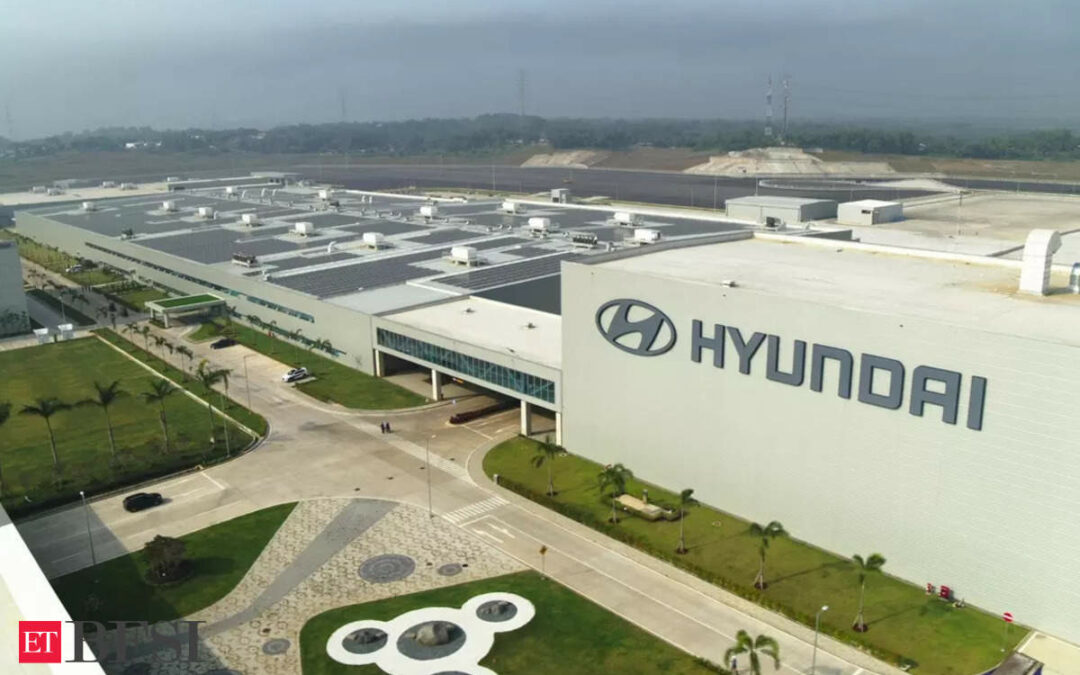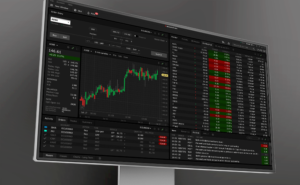Hyundai Motor India Limited (HMIL) is set to float India’s biggest initial public offering (IPO) on Tuesday aiming to garner Rs 27,856 crore. however, the grey market premium is said to be slipping.
The IPO is priced in the range of Rs 1,865-1,960 per share, however, the premium is narrowing in the grey market, according to reports.
Brokerages including Bajaj Broking and LKP Securities have listed the strengths and risks of the IPO and recommend subscribing to the issue with a long-term perspective.
The strengths
HMIL, the second-largest player in the domestic passenger vehicle (PV) market, has maintained its strong presence across both rural and urban regions for nearly three decades. Internationally, it ranks as the third-largest PV player based on sales volumes. The company is well-positioned in India’s PV segment, with a broad portfolio that covers all engine types.
It has a robust market share of around 15%, with 68% of sales driven by its SUV offerings and over 20% contributed by exports. Despite a slowdown in the PV industry, the company’s revenue growth aligns with industry trends, supported by strong return ratios. HMI reported an EBITDA margin of 13.8% in Q1 FY25, the highest in the sector.
At the upper price range, Hyundai stock is projected to trade at 26 times FY24 earnings, offering a fair valuation compared to its closest rival, Maruti Suzuki, which trades at 29 times FY24 earnings.
Currently, Hyundai’s plants are operating at nearly 100% capacity, potentially limiting their ability to meet rising demand in the near future. However, the company is planning a 30% capacity expansion over the next two to three years. This will be complemented by the launch of four new models, including the Creta EV, which is expected to enhance its competitiveness.
Boost to India
Hyundai’s IPO plan in India has already driven its share price higher in Korea, highlighting India as a favourable destination for raising capital. Looking ahead, the Indian government is likely to welcome more multinational corporations as they seek to raise funds in this emerging financial hub.
Beyond investor opportunities, the Hyundai IPO will stimulate business across India’s financial ecosystem, benefiting merchant banks, brokerages, law firms, and other capital market players. The successful launch of this IPO could encourage other multinational corporations to list their Indian arms, capitalizing on India’s high market valuations and further boosting the nation’s capital account convertibility agenda.
Key risks
According to Mirae Asset Capital, two of the group companies, Kia Corporation and Kia India Private Ltd, are in a similar line of business and may involve conflict of interests while increases in the prices of parts and materials could adversely affect business and results of operations.
HMIL depends on a limited number of suppliers for parts and materials. Any interruption in the availability of parts and materials could adversely impact the operations.
HMIL substantially depends on the sales of SUV models in India. Any decrease in the demand for or disruption in the manufacture of SUVs, or any other passenger vehicle models could adversely impact the operations.
HMIL’s long-term competitiveness depends on the evolution of the EV market and the adoption of alternative fuels in India. Failure to recognize these market trends and meet customer demands for EVs, could adversely impact the operations.











